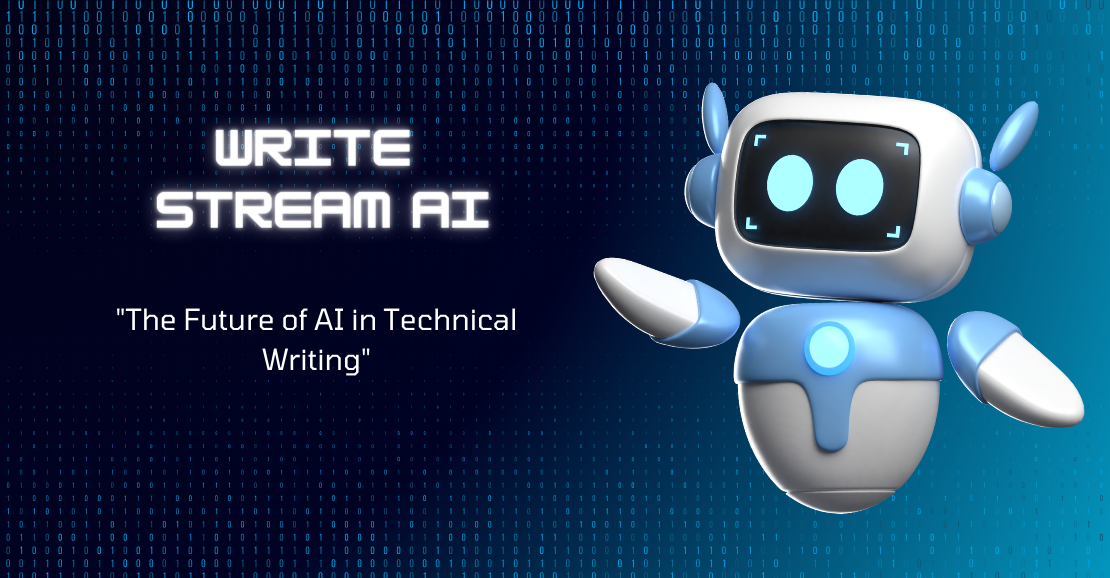The Future of AI in Technical Writing
Artificial Intelligence (AI) has been making tremendous strides in various industries, and technical writing is no exception. With the increasing demand for clear and concise technical documentation, the use of AI in technical writing is becoming more prevalent. While some may fear that AI will replace human technical writers, the reality is that it will enhance and improve the quality of technical writing in the future.
One of the main benefits of AI in technical writing is its ability to automate certain tasks, such as proofreading and grammar checking. This not only saves time for technical writers, but also improves the accuracy and consistency of the documentation. AI can quickly identify spelling and grammar errors, ensuring that the final document is error-free. In addition, it can also suggest alternative phrasing and word choices to improve the readability of the content.
Moreover, AI is also making strides in natural language processing (NLP), which can greatly benefit technical writing. NLP is the ability of a computer to understand and interpret human language, allowing it to generate text that is clear and understandable. This is particularly useful in technical writing, where complex jargon and terminology can often be confusing for readers. NLP can help simplify technical terms and make them easier to understand for non-technical readers.
Another aspect where AI can greatly enhance technical writing is in the localization process. Localization is the process of adapting content to suit different languages and cultures. With AI, technical writers can easily translate and localize their documentation without having to manually go through each document line by line. This not only saves time and resources, but also ensures consistency in the translation process.
One of the most exciting developments of AI in technical writing is the use of chatbots for customer support. Chatbots are AI-powered virtual assistants that can communicate with users in natural language. In the technical writing field, chatbots can be used to provide instant help and support to users, answering their technical queries and assisting with troubleshooting. This not only improves the overall user experience, but also frees up the technical writers' time to focus on more complex tasks.
However, there are also concerns about the use of AI in technical writing, particularly when it comes to the fear of job displacement. While it is true that some routine tasks may be automated with the use of AI, the role of the technical writer will evolve rather than disappear. Technical writers will still be needed to oversee the AI-generated content, ensuring its accuracy and maintaining the human touch in the final document. Furthermore, technical writers can use the time saved by AI to focus on more important tasks, such as analyzing data and creating strategic content plans.
In conclusion, the future of AI in technical writing is bright and promising. With its ability to automate tasks, simplify language, assist with localization, and provide instant support, AI is set to revolutionize the field of technical writing. While it may cause some changes in the job landscape, the benefits of AI in technical writing far outweigh the potential challenges. As AI continues to evolve and improve, so too will the quality of technical documentation, resulting in a better experience for both technical writers and their audiences.























Write your comment
Cancel Reply